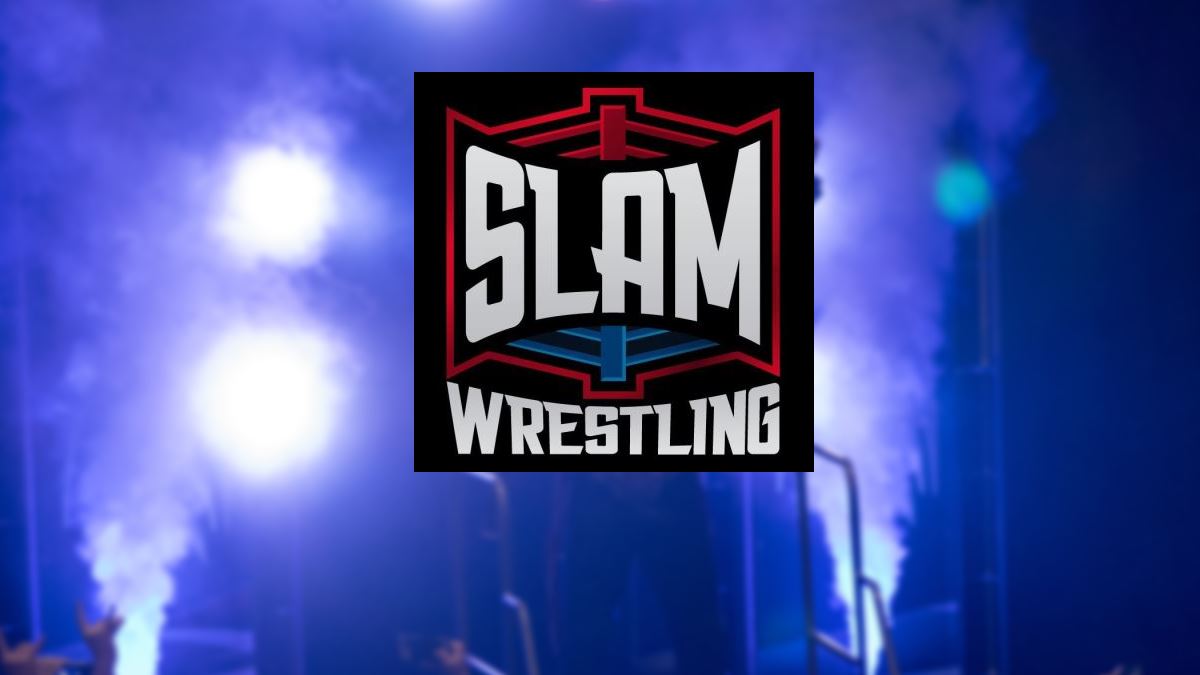Have we finally reached professional wrestling’s Day of Reckoning? It has been a poisoned frat-boy like business for far too long.
The so-called Women’s Evolution that WWE wrongly-took credit for, happened during the greater #MeToo movement, where women spoke out against sexual predators, with major names such as Harvey Weinstein, getting much of the attention.
Now, empowered, women in wrestling are speaking out over their own issues, from harassment and unwanted texting to rape accusations.
Nikki Bella talked about being raped in the book she wrote with her twin sister, Brie, Incomparable. That’s a high-profile story, in print, vetted by lawyers before going to press.
Over the last 24 hours, a seemingly-non-stop avalanche of accusations have taken place, primarily on Twitter.
I recognize the bravery of those who have stepped forward.
The next step, though, is tougher — getting those accusations turned into criminal charges, and the perpetrators brought to justice.
In a court of law.
Not in the court of social media.
And even then, it’s not always the outcome that is wanted or expected. In April 1992, Rita Chatterton, who was a referee in the WWF in the 1980s as Rita Marie, made a claim on Geraldo Rivera’s Now It Can Be Told show that Vince McMahon raped her in a limo, after she refused to perform oral sex. It never went to trial. This was the most powerful man in professional wrestling — and he still is — and nothing changed.
But the world today is much different. There is strength in numbers, strength in sharing stories, strength in standing together against what is wrong. We are seeing that every day in the news, marches for equality.
Having been around professional wrestlers for 35 years now, I have heard things. Things that were appalling, things that I didn’t think that people I considered friends were capable of. And worse.
Some stories were apparently between consenting adults, and some were not.
Other details arise up after the fact. I amended my obituary on “Mr. Wrestling II” Johnny Walker after learning of his conviction in the gang rape of a 15-year-old girl in Hawaii, when Walker was 18 years old. It changed my impression of someone who many considered a hero.
I actually got a comment about that on June 19, that I didn’t want to post, since it was unsigned, but here it is:
pretty fucking lowball to go back and include the rape thing in the man’s obituary. not condoning rape in anyway but knowing how many have been wrongly accused and convicted on the word of someone just covering their ass. I myself find it highly doubtful that he had any involvement, keyword being “suspects” the plural
How is it “lowball” to report what the newspaper reported in its day, dates and facts verified with the Hawaii Criminal Justice Data Center?
The easiest way for my brain to process all that I know about the debauchery in pro wrestling, much of it I wish I could un-know, is to say to myself that wrestlers — not just male wrestlers — live by a different code than the average person. Life on the road constantly changes someone, and the freedom of the road often leads to freedom of morals.
With a decade of writing about hockey players under my belt, it’s fair to say that hockey players had a freedom on the road too, but they always had to report in — to practice, to a general manager or a coach that set up a curfew. They were hardly innocent, but they were held up to a hero-like status by the public, and knew that young hockey players were watching.
Wrestling never had that, and still doesn’t. Show up at your match; the rest of the day and night is yours.
Our job, as journalists, is to listen to the accusations, find facts, balance the story. Someone’s Tweet might be newsworthy, but that doesn’t make it news that could or should be reported.
My personal feeling, my support for those coming forward, is there, 100 per cent, though.
It’s time for professional wrestling to clean up its act.
